University of Alcalá
If you are the contact person for this centre and you wish to make any changes, please contact us.
Specialist in Endocrinology and Gender Identity and honorary professor at the University of Alcalá
Professor of Applied Physics and Honorary Research Professor at the University of Alcalá
Professor of Pharmacology at the University of Alcalá
Astrobiologist and lecturer of Biochemistry at the University of Alcalá
Professor of Parasitology at the University of Alcalá (UAH) and director of the Master's Degree in Humanitarian Health Action (UAH-Doctors of the World)
President of the Spanish Glaucoma Society (SEG), head of the ophthalmology department at the Ramón y Cajal Hospital and professor of ophthalmology at the University of Alcalá de Henares (UAH).
Assistant Professor, PhD, Public Health and Epidemiology Research Group, University of Alcalá
Doctor of Health Sciences from the University of Alcalá (UAH), external member of the UAH's Food, Nutrition and Public Health Strategies research group, and lecturer at UNIR and CUNIMAD
Assistant professor of Physical and Sports Education and researcher in Epidemiology and Public Health at the University of Alcalá
Head of International Relations at the Spanish Society of Public Health and Healthcare Administration (SESPAS), organiser of the 2026 European Public Health Conference (EUPHA), Ikerbasque Research Professor at the Basque Centre for Climate Change (BC3) and professor and researcher at the universities of Alcalá and Johns Hopkins
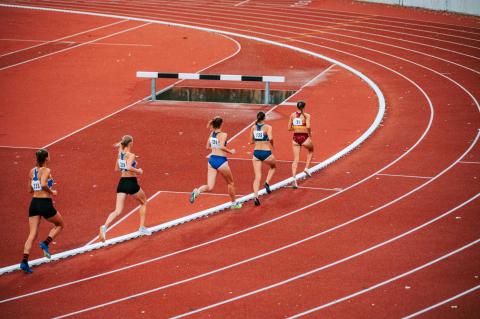
The inclusion of transgender women in women's sports categories is a controversial decision. To compare body composition and physical fitness between transgender and cisgender women, a team from Brazil has conducted a meta-analysis encompassing 52 studies and 6,485 individuals, analysing these values before and after gender-affirming hormone therapy. Although trans women showed greater lean mass—an indicator of muscle mass—there were no significant differences in upper or lower body strength, nor in maximum oxygen consumption, compared to cis women one to three years after hormone therapy. ‘The current evidence is, for the most part, of low certainty and heterogeneous quality, but it does not support theories about the inherent athletic advantages of trans women over cis women,’ say the authors of the study, published in the British Journal of Sports Medicine.
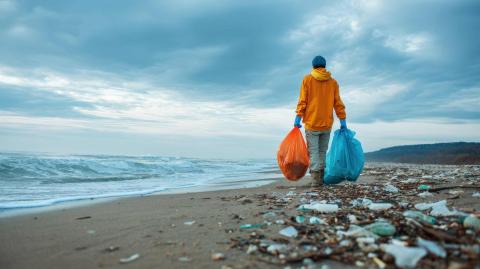
A study based on models and data concludes that adverse health effects related to plastic emissions could more than double by 2040 if current practices do not change. The authors note that their model could not assess the potential impacts associated with many chemicals contained in plastics, nor with the microplastics and nanoplastics that form throughout their life cycle, due to a lack of data and “a serious lack of transparency regarding their composition.” The results are published in The Lancet Planetary Health.

A study published in Nature estimates that atmospheric microplastic emissions have been overestimated. The authors compared measurements of atmospheric microplastics from 76 studies conducted between 2014 and 2024 at various locations around the world with model simulations. According to the simulations, atmospheric microplastic concentrations were between 100 and 10,000 times lower than previously estimated.
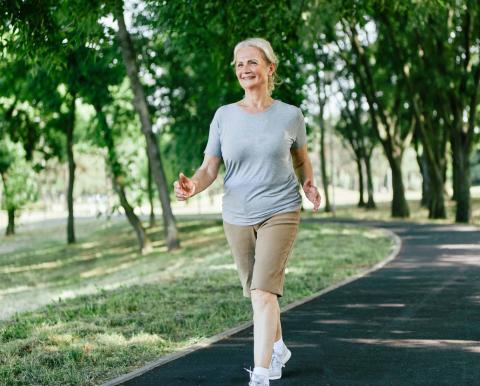
Moderate-intensity physical activity, such as walking at an average speed of 5 km/h for an additional five minutes per day, is associated with a 10% reduction in all-cause mortality among most adults, according to a study published in The Lancet. The research also found that reducing sedentary time by 30 minutes per day was associated with an estimated 7% reduction in all-cause mortality if adopted by most adults. The study analyzed data from more than 135,000 adults from Norway, Sweden, the United States, and the United Kingdom, with an average follow-up of eight years.
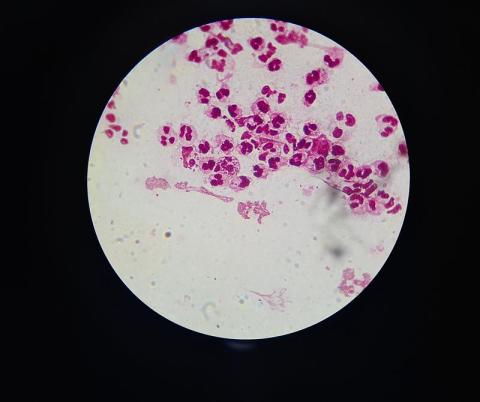
One oral dose of zoliflodacin—a new antibiotic—is as effective as the current treatment for uncomplicated urogenital gonorrhoea, according to the results of a phase 3 clinical trial published in The Lancet. In some parts of the world, the bacteria that cause gonorrhoea have developed resistance to the current treatment, which combines an injection of ceftriaxone and an oral dose of azithromycin. Zoliflodacin could be an alternative to this treatment, concludes the study, which included 900 people from five countries.
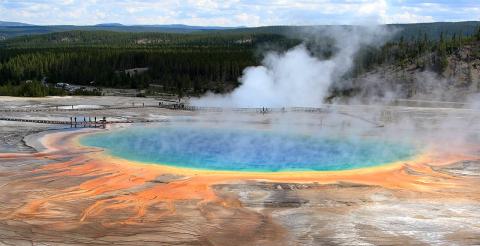
Amino acids are the building blocks of proteins. These are known as the building blocks of life, but they cannot replicate themselves. To do so, they need the instructions provided by RNA. How this relationship began is still a mystery. Now, a British team has shown how it could have started from relatively simple conditions. According to the researchers, who published their findings in the journal Nature, ‘understanding the origin of protein synthesis is fundamental to understanding where life comes from.’
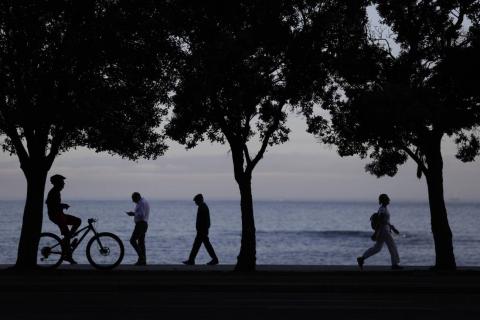
Analysis of data from a mobile health app covering more than 5,000 people in 1,609 cities in the United States reveals that moving from a less walkable area to a more walkable area leads to an increase in the number of steps taken per day, and vice versa. Walkability was measured using the Walk Score, an index based on parameters such as proximity to services, block length and intersection density. According to the authors, the results can serve as a guide for urban design policies that improve public health. The study is published in Nature.

Ahead of the anticipated conclusion of a United Nations global treaty on plastics, a group of international experts calls for greater attention to health effects when addressing plastic pollution. The work, published in The Lancet, reviews current evidence on how plastics—including microplastics and plastic chemicals—affect health, and announces the launch of a new project to monitor these effects.
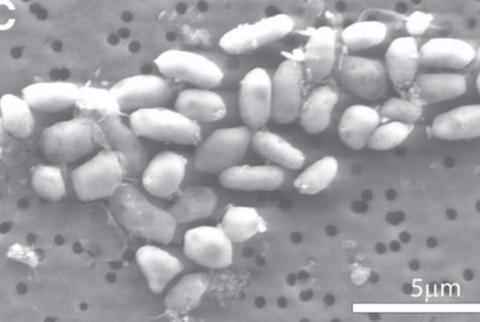
The research article A bacterium that can grow by using arsenic instead of phosphorus was one of the big science stories because it discussed the possibility of arsenic-based life. However, it has been the subject of criticism until now. After nearly 15 years of debate and failed attempts by other groups to replicate the findings, Science has now decided to retract the article, despite finding no evidence of fraud or misconduct on the part of the authors, who disagree with the decision.
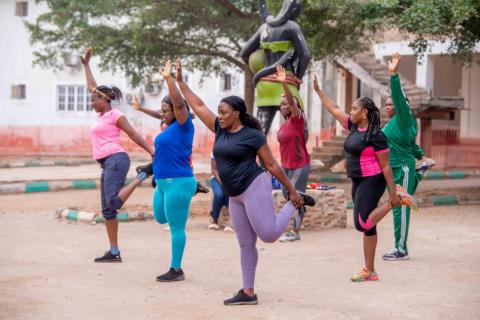
An analysis published in the medical journal The BMJ points out that lifestyle changes recommended by doctors to people with obesity, focusing on calorie restriction and increased physical activity, have little effect on long-term weight loss, fail to significantly reduce cardiovascular risks and, yet, can lead to discrimination, stigmatisation and eating disorders. The authors also point out that weight alone is an inadequate measure of a person's health, as reflected in recent clinical guidelines, and propose a ‘health for all sizes’ approach with effective, patient-centred care.